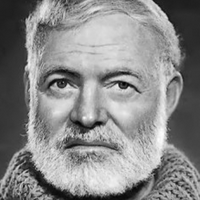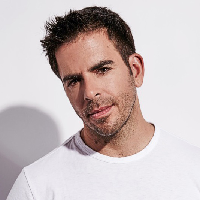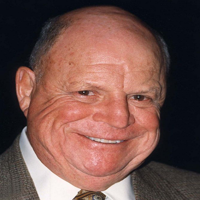Ernest Hemingway MBTI -Persönlichkeitstyp
Persönlichkeit
"Welcher Persönlichkeitstyp ist {profilename}? {profilename} ist ein {MBTI} -Persönlichkeitstyp in MBTI, {enneagram} - {iv} - {tritype} in EnneArgram, {big5} in Big 5, {socionics} in Socionics."
"Hemingway also had murderous impulses. He once told a companion that, “I know it’s probably bad but I love to kill.”" "For some reason, he became obsessed with bullfighting: the glorification of blood, the spilt horse-guts, the matador's passes with the cape and sword, the art of killing. In Death in the Afternoon, Hemingway seemed to be working out some personal philosophy about death, but it was hard to follow. The critic Max Eastman complained that his prose style had become the equivalent of "false hair on the chest". Unable to participate directly in killing bulls, Hemingway decamped to Mombasa where he could legitimately blaze away at lions and kudu. Not content with land-based mayhem, he bought a 38-foot cruiser called the Pilar to fish, in Key West and Havana, for marlin and other aquatic creatures twice the size of himself. Between 1928 and 1936, he seemed to spend months posing beside up-ended fish trophies, the self-burnished image of the muscular man of action, handsome, tanned, drinking with the sailors in Sloppy Joe's bar."
Biografie
Ernest Miller Hemingway was an American journalist, novelist, short-story writer, and sportsman. His economical and understated style—which he termed the iceberg theory—had a strong influence on 20th-century fiction, while his adventurous lifestyle and his public image brought him admiration from later generations. Hemingway produced most of his work between the mid-1920s and the mid-1950s, and he won the Nobel Prize in Literature in 1954.
Persönlichkeit correlate

J. K. Rowling
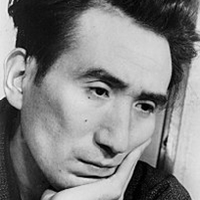
Osamu Dazai
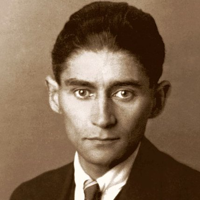
Franz Kafka

George R. R. Martin

Robert Greene
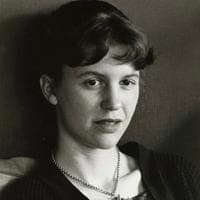
Sylvia Plath
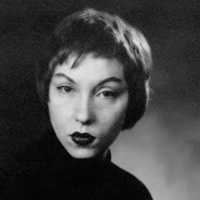
Clarice Lispector
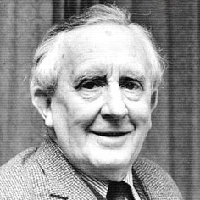
J. R. R. Tolkien
